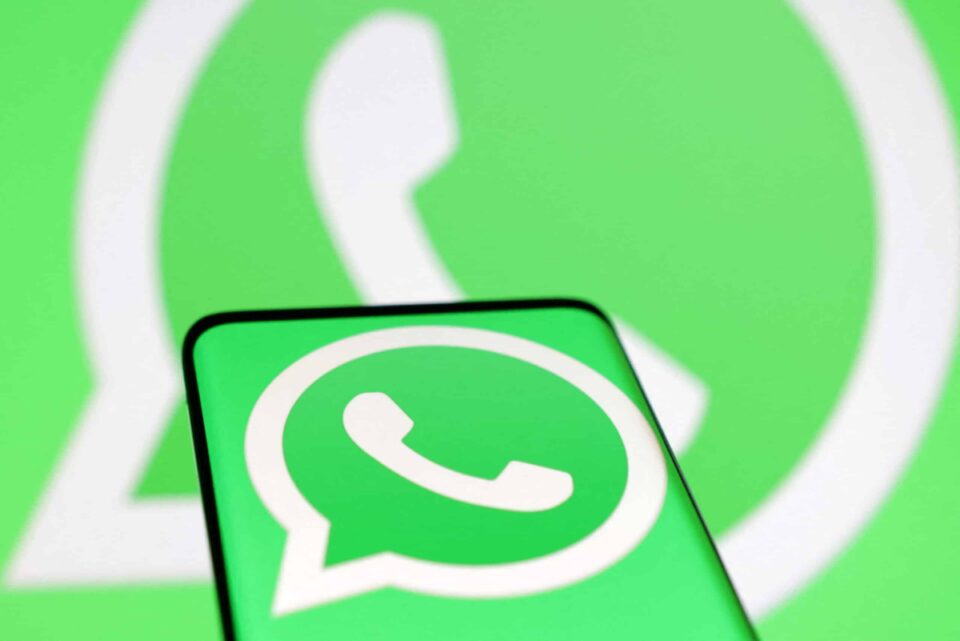SAO PAULO, June 7 — Meta launched its first AI-driven ad targeting program for businesses on WhatsApp, as it tries to wring revenue out of the popular chat service, the company announced yesterday at a conference in Brazil.
CEO Mark Zuckerberg announced the new tools in a video which was exhibited during the event.
The announcement marks a shift for WhatsApp, an encrypted messaging service that heavily touts its privacy credentials and has long eschewed the types of targeted advertising tools that underpin Meta‘s other apps, like Facebook and Instagram.
The social media giant has been introducing commerce and payment features on the app for several years, including ‘business messaging’ tools companies can use to conduct customer service chats and send marketing materials to people who have shared their phone numbers with the companies.
Previously, those tools were blunt instruments, used to send blasts to all users who had opted in to receiving the company’s outreach. The new AI tools will use behavior on Facebook and Instagram to target the messages to those customers most likely to be receptive to them, provided the customers use the same opted-in phone number across accounts.
WhatsApp’s head of strategic markets Guilherme Horn told Reuters that these AI tools would give business the possibility to optimise ad delivery to users most likely to engage. “This is very important for business because they are paying for those messages.”
Meta has been ramping up efforts to earn money off WhatsApp, its biggest app in terms of daily users. Despite the service’s popularity and its eye-popping US$22 billion (RM103.5 billion) acquisition price tag in 2014, to date it has contributed only a sliver to Meta‘s total revenue.
At the conference, Meta also introduced a new AI chatbot to answer business inquiries directly in chat, an early test of Zuckerberg’s goal to convince businesses to outsource their communications to automated tools.
The chatbot will assist users with common requests such as finding catalogs or consulting business hours, similar to existing AI-powered customer service platforms.
— Reuters





